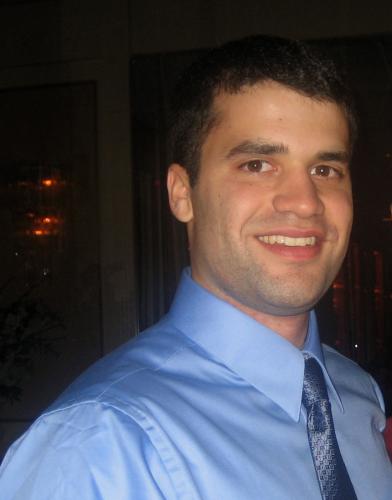
April 2, 2014
Abstract
Radio has been a fundamental aspect of Cuban culture on and off the island since the first broadcast in Havana in 1922. When Cubans fled the island after the revolution of 1959 for the USA, particularly Miami, radio quickly became a vital medium for navigating a new country and for consolidating a Cuban exile identity. Politically, radio in Miami has been an effective means for articulating hardline exile politics. But with generational turnover and increasingly moderate stances on Cuba by more recent arrivals and US-born Cuban Americans, how is radio changing? How are narratives of what constitutes cubanía – Cubanness – shifting in an increasingly diverse Cuban Miami? This article takes up these questions through an examination of an immensely popular morning program that aired in 2009 in southern Florida called the Enrique y Joe Show. I examine how the Enrique y Joe Show, produced and performed by US-born Cuban Americans, utilized a form of irreverent Cuban humor called choteo to represent and satirize the hardline Cuban exile politics that have been dominant on Miami’s radio waves for decades. Ultimately, their performances deploy choteo to articulate Cuban American identity divorced from a particular political orthodoxy. The coda reflects on changes in Miami’s radio landscape since 2009.